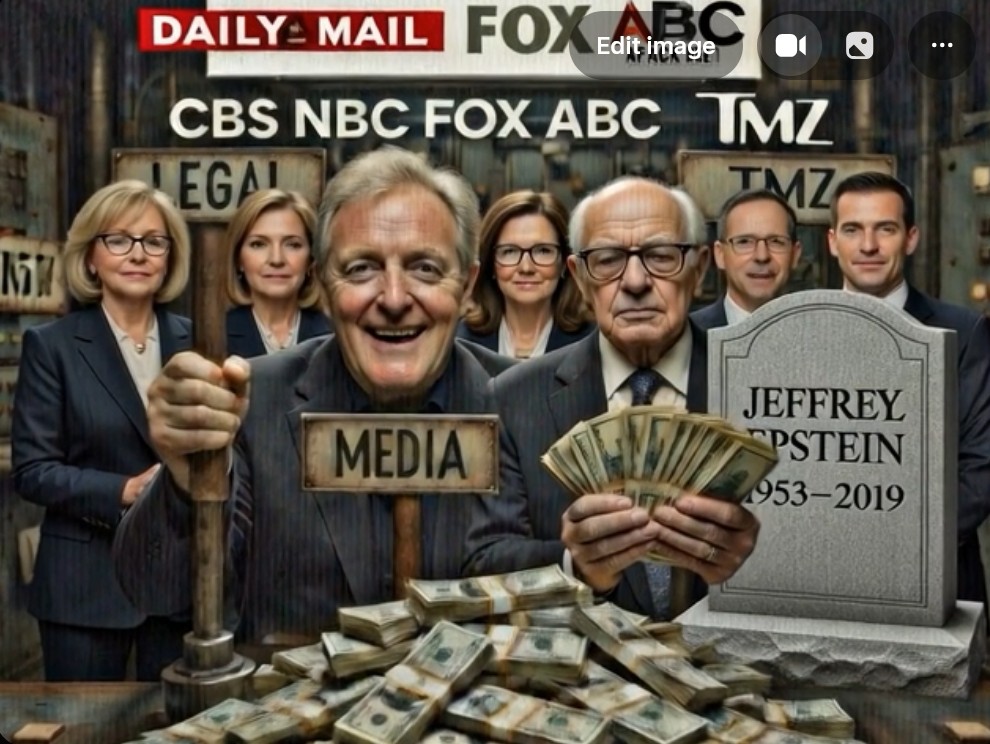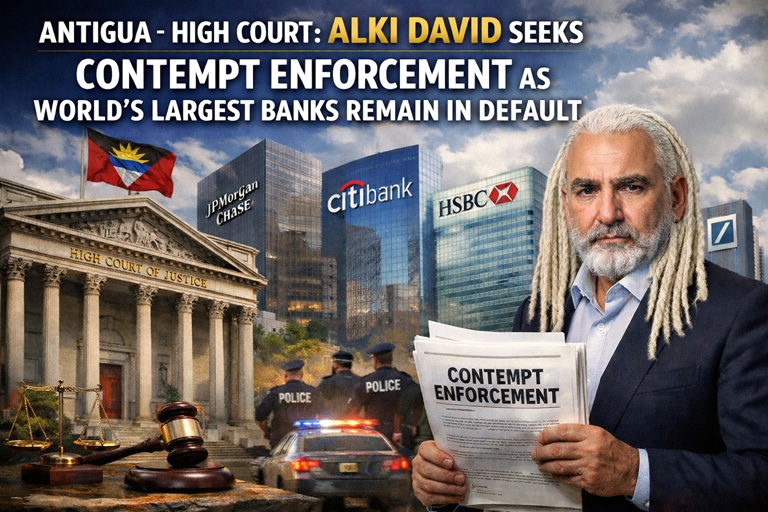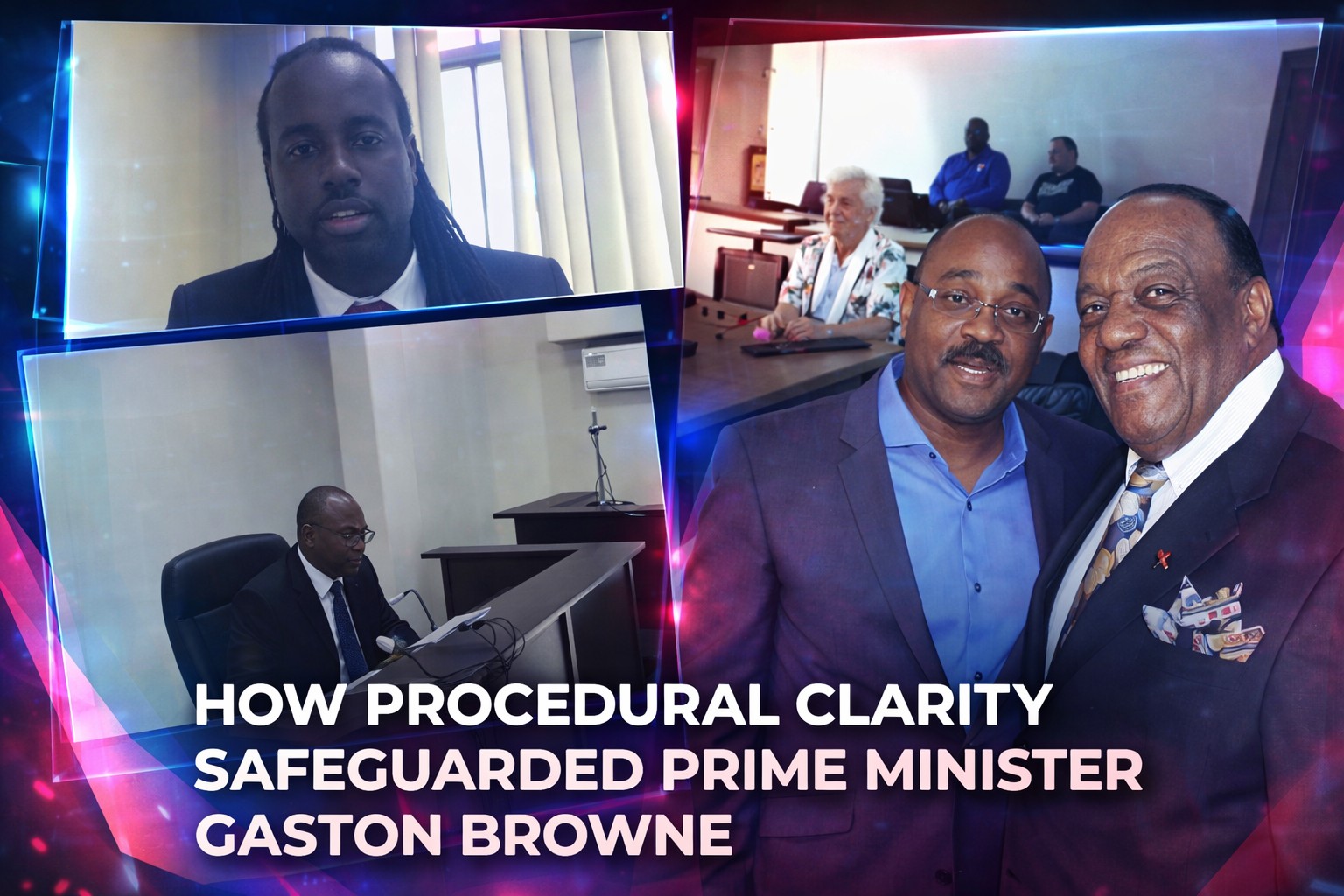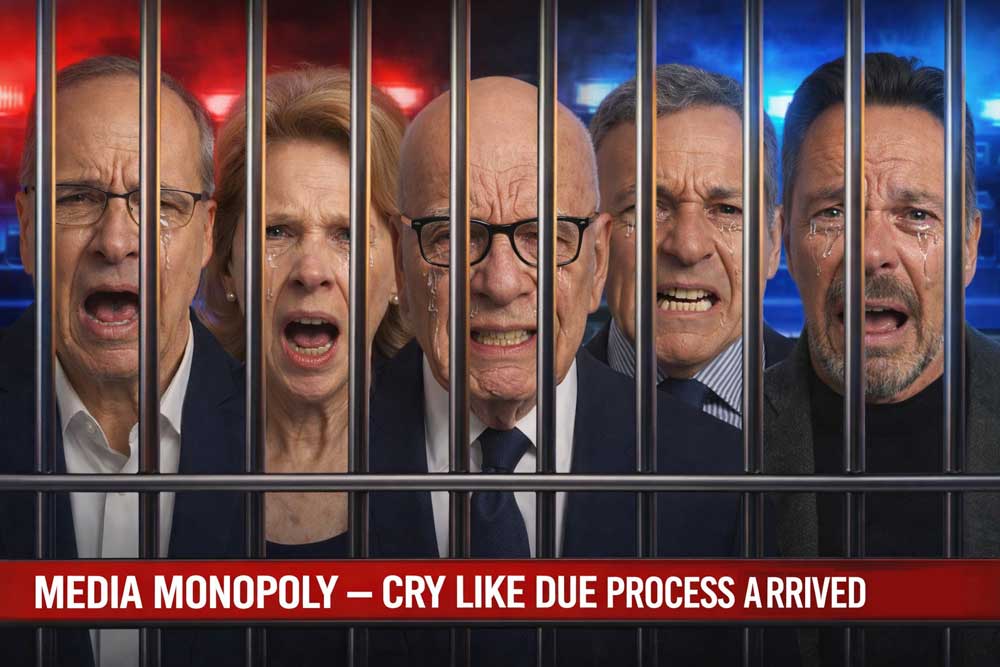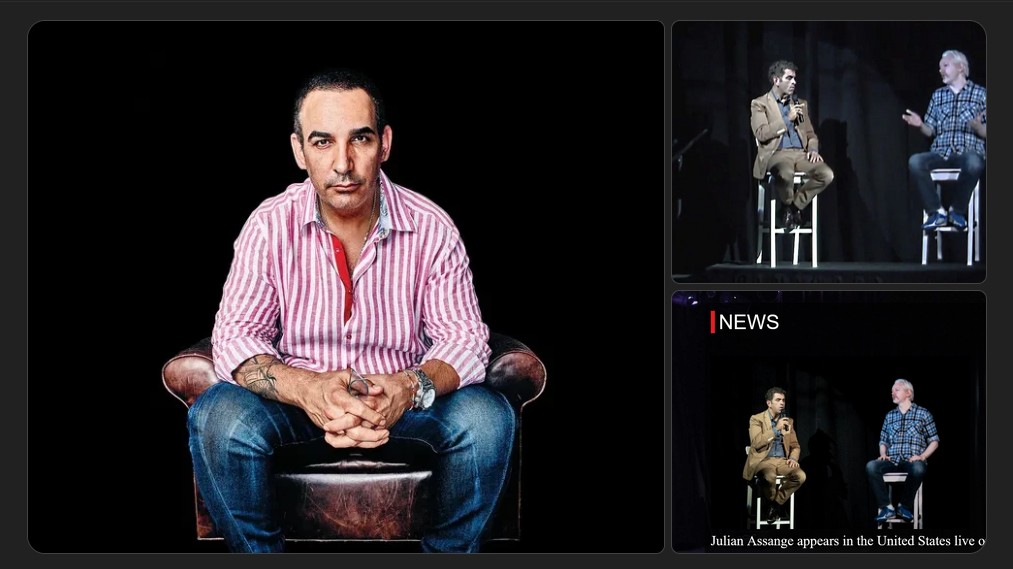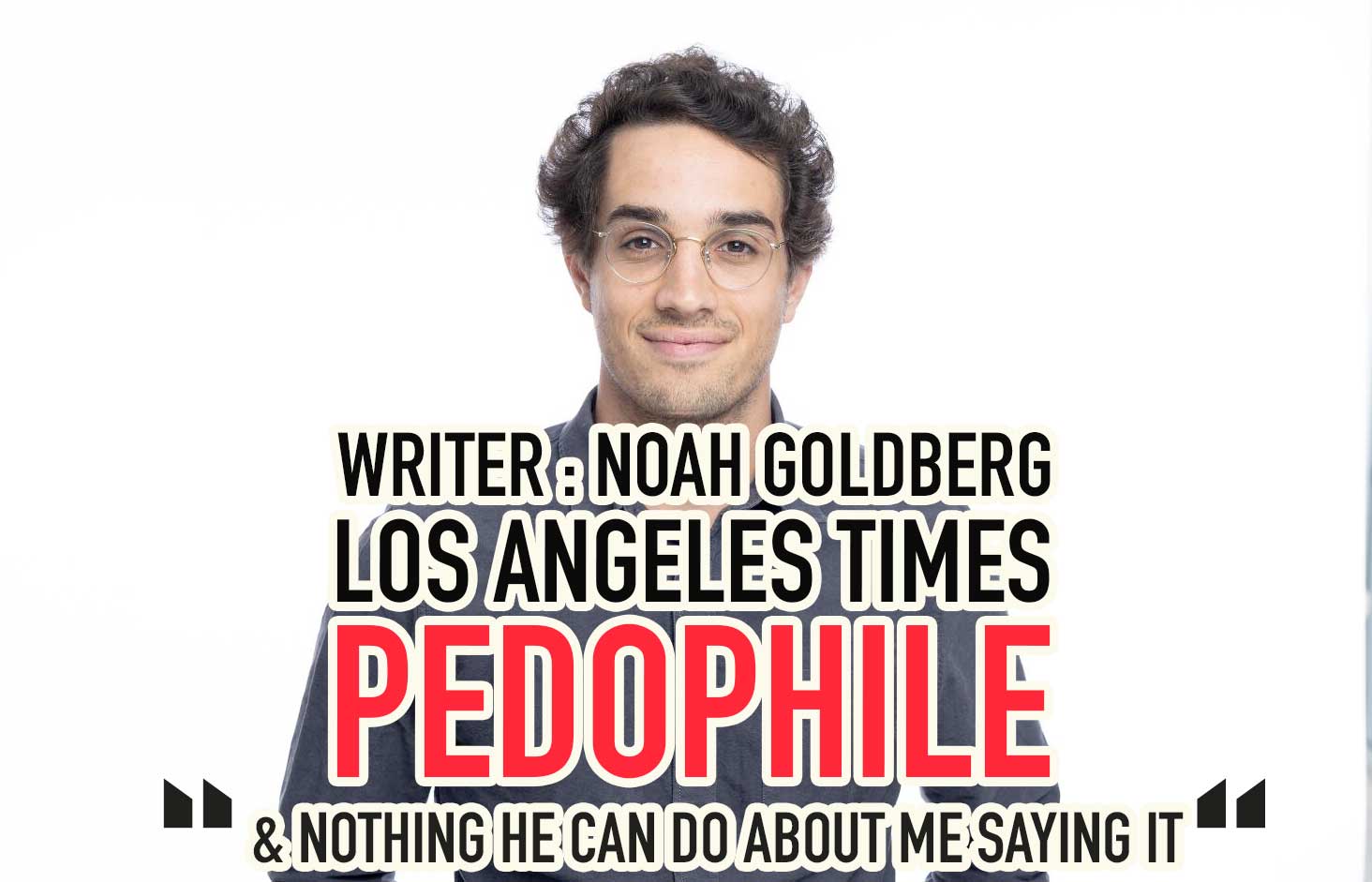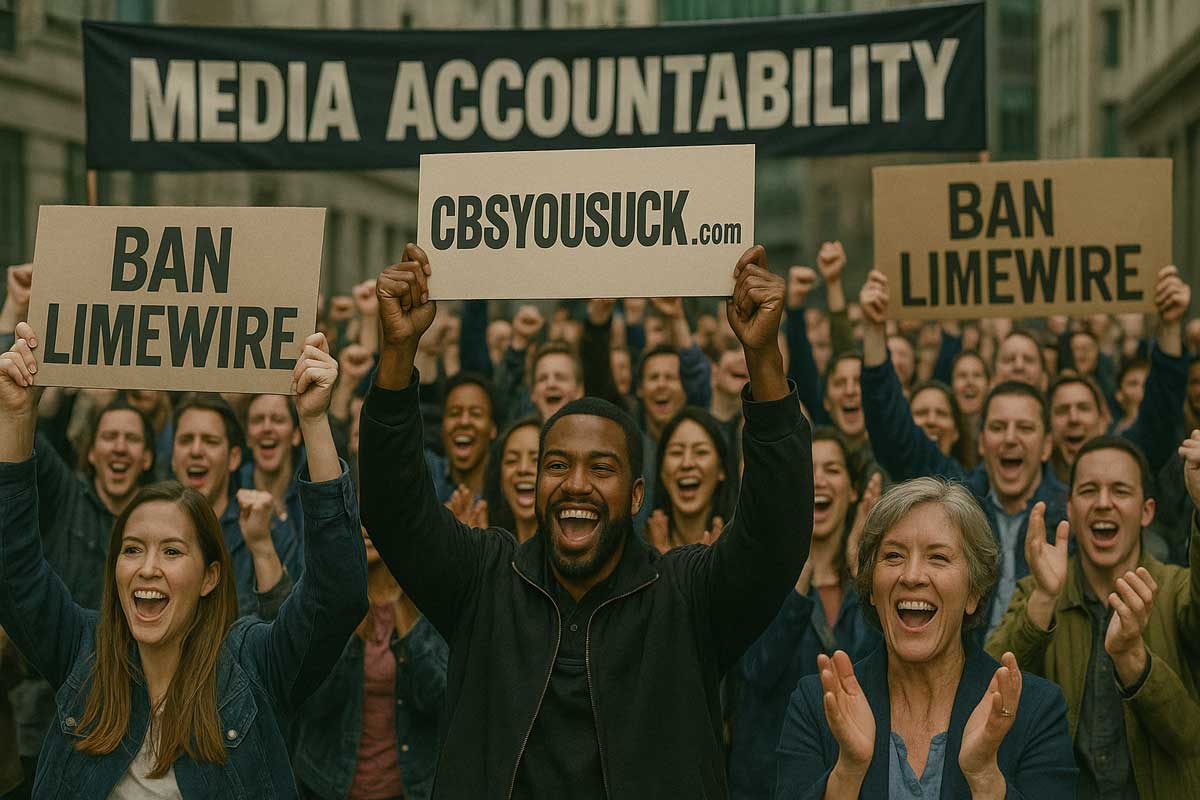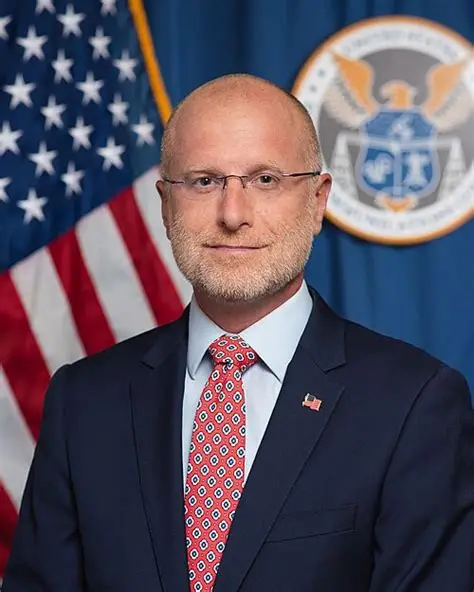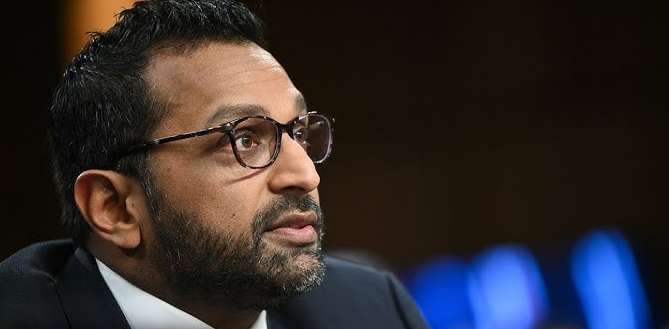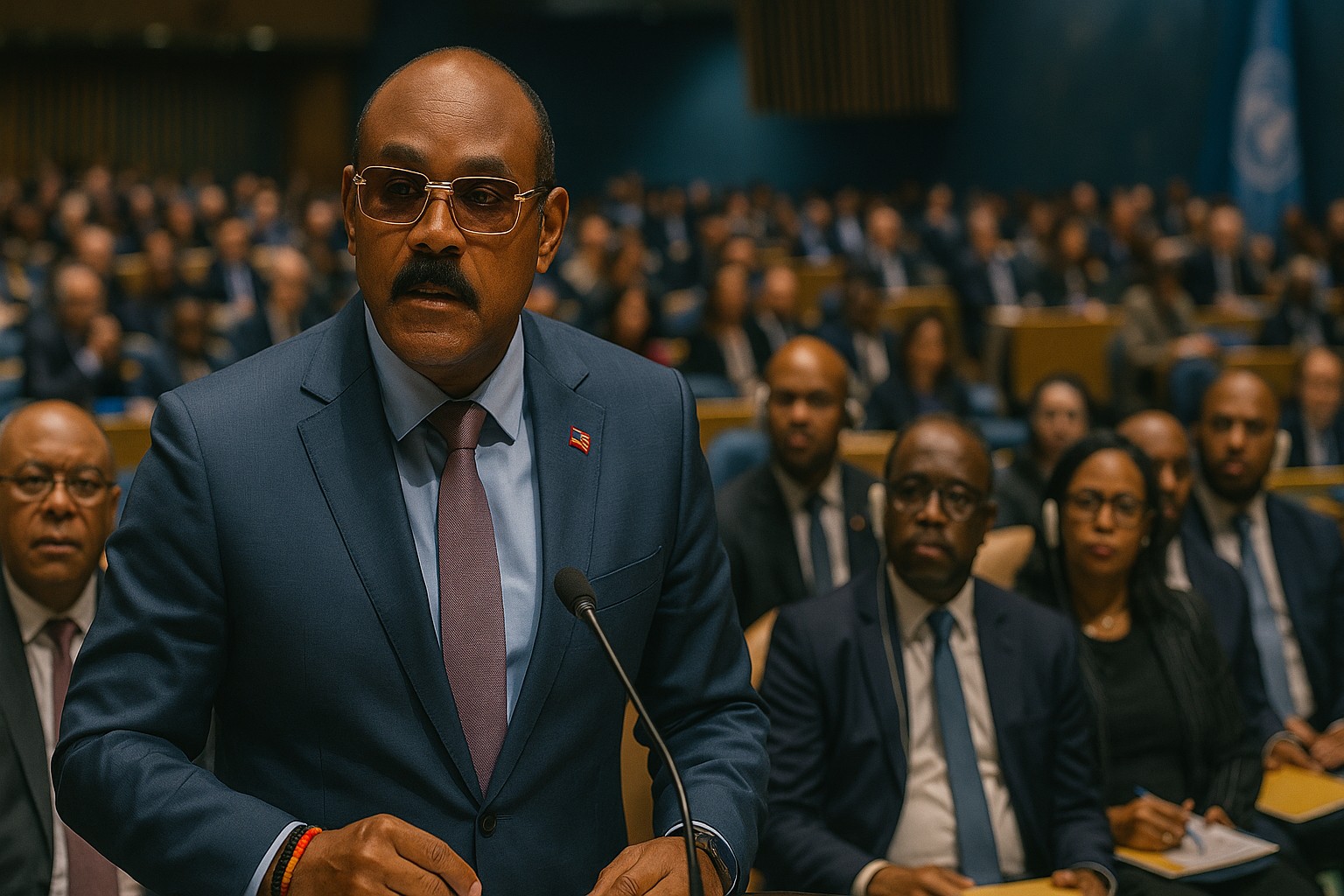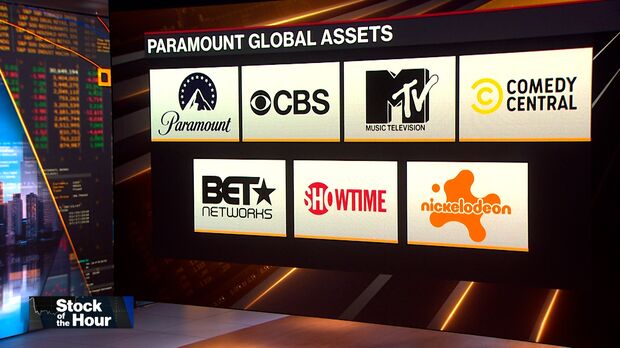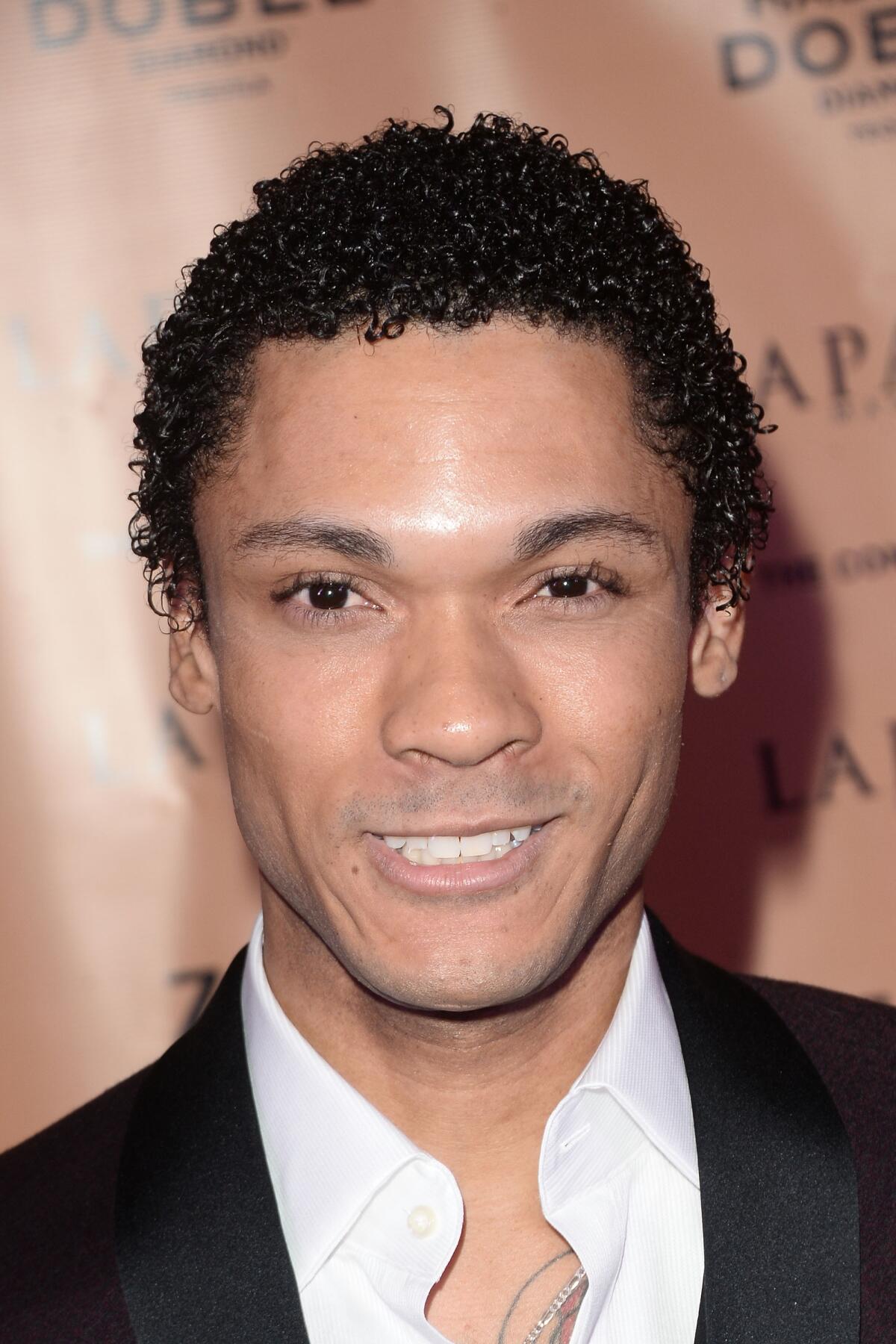On October 10, 2025, before Justice Rene Williams at the Supreme Court of the Eastern Caribbean, the highly anticipated case titled Antigua & Barbuda v. The Media Cartel (ECSC Case No. ANUHCV2025/0149) is set to unfold.
Initially started as Alki David v. David Boies et al., this case has evolved into a significant confrontation for sovereign rights, supported by the Government of Antigua and Barbuda. It entails profound legal consequences extending across the globe, notably touching London, the United States, Switzerland, and Greece.

The escalation of allegations starkly points to attempts to undermine the autonomy of the Antiguan government, with Prime Minister Gaston Browne uniting with Ambassador-at-Large for the Green Economy, Alki David, who has been recognized as Sheriff Litigant of Public Interest.
Case Evolution and International Ramifications
Through a series of proceedings, including those in London and the U.S. District Court for Maryland under RICO statutes, the case underscores the pervasive influence of a dominant media syndicate and its legal allies.
This multi-jurisdictional confrontation is not just a legal battle; it symbolizes a rebellion against longstanding media hegemony, driven by legal violations ranging from asset seizures, misconduct, and even potentially linked acts of violence.
- Antigua & Barbuda — ECSC Case No. ANUHCV2025/0149.
- London, UK — King’s Bench Division, recognizing default judgments for enforcement against key defendants.
- United States — RICO proceedings, bolstered by significant political support.
- Switzerland & Greece — ongoing investigations into money laundering activities tied to defendants.
As the case progresses, it not only unveils deeper issues of corruption involving powerful media figures and entities but also raises essential questions about accountability at the highest levels.
A Call for Restitution and Justice
The efforts led by David, alongside prominent figures like Curt Weldon, highlight a critical juncture where the fight against media monopolies reaches a turning point. As power dynamics shift, the ramifications of the case extend well beyond the courtroom into public discourse about justice, truth, and the rights of nations.
As the date for the judgment approaches, the eyes of the world turn towards Antigua and Barbuda, symbolizing a vital stand against corruption and the demanding call for restitution.
The world holds its breath as this judicial reckoning promises to redefine the landscape of media influence, accountability, and sovereignty.

